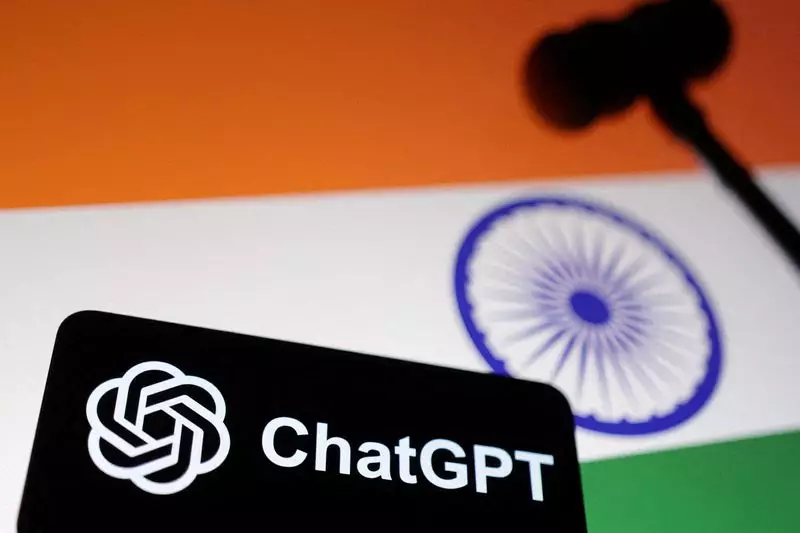In a significant legal move, leading Indian media outlets, including those owned by billionaires Gautam Adani and Mukesh Ambani, have initiated a lawsuit against OpenAI, the creator of the AI-driven platform ChatGPT. This lawsuit highlights concerns over the alleged unauthorized utilization of copyrighted content, igniting a crucial debate about the intersection of AI technology and intellectual property rights in the digital age.
According to legal documents submitted to a New Delhi court, outlets like NDTV and Network18, alongside prominent newspapers such as the Indian Express and Hindustan Times, have asserted that their digital content is being improperly harvested by OpenAI. The media organizations contend that the AI is scraping their news articles, which raises significant copyright concerns given the competitive nature of content creation and dissemination in the media landscape. The claims describe OpenAI’s actions as “wilful scraping” that infringes upon the valuable intellectual property rights of the Digital News Publishers Association (DNPA) and others affected.
This lawsuit is not occurring in isolation; it forms part of a larger, global wave of legal actions targeting AI companies accused of copyright infringement. Notably, AIN, a local news agency, was among the first to escalate these accusations against OpenAI last year. A growing number of local and international entities, including book publishers and artists, are joining the fray, advocating for the elimination of their works from AI training datasets. It is a pivotal moment where traditional media finds itself at odds with rapidly advancing technology, pushing for the enforcement of copyright laws that have become nearly obsolete in the digital era.
The comprehensive 135-page filing signifies a formidable legal challenge rooted in the assertion that OpenAI’s operations pose a “clear and present danger” to the rights and revenues of media publishers. The repercussions of this case could extend beyond mere financial ramifications; they could also redefine the operational landscape for how AI models are developed and the ethical considerations surrounding content usage. The involvement of major Indian media players indicates a unified front, illustrating the increasing urgency to protect journalistic integrity and content value.
In response to these allegations, OpenAI has consistently defended its practices, claiming that its use of publicly available data constitutes fair use. However, the resolution of this dispute could set important precedents for future interactions between AI platforms and content creators. These rulings may influence not only technological advancements but also the methods by which media outlets can safeguard their content in a world increasingly dominated by AI.
As the legal landscape evolves, the ongoing confrontation between AI advancements and traditional media outlets underscores a critical moment for both sectors. This conflict brings to the forefront essential questions regarding copyright, fair use, and the responsibilities of technology companies in respecting the rights of content creators. The outcome of this lawsuit may ultimately shape the future of digital journalism and the regulatory framework governing AI technologies.

